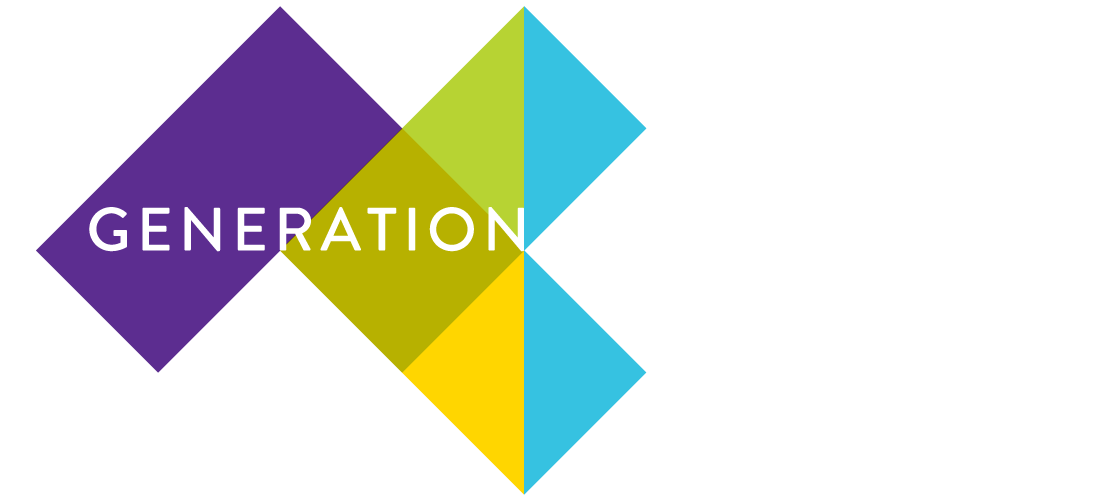Summer 2024
Name: Claire Chi
Name of School: Stanford University
Grade in School: Freshman
Cause that you are working for: Founder of Dancing Against Hunger
A note on food insecurity in America:
Clair Chi’s organization, Dancing Against Hunger, works to relieve food insecurity, which is a growing issue in the United States and across the globe. In the U.S. alone, at least 18 million households were food insecure at least sometime during the year 2023, according to the U.S. Department of Agriculture. As a result of COVID-19 and the rising cost of living within the United States, these numbers continue to go up and more people are unable to have access to enough food to fill their basic needs. While there are government agencies and private organizations that try to help, the actions of young people can make a difference. Whether you decide to start a nonprofit like Claire Chi or donate to a local food bank, the actions you take can end up having a positive impact on the lives of people.
How would you define food insecurity?
I would define food insecurity as when you’re unsure about your food situation in the long term. When most people think of food insecurity, they usually think of people who are unhoused or don’t know where their next immediate meal is going to come from, but food insecurity can look a lot like someone who survived a natural disaster and doesn’t know where they are going to get food or someone who is in a food desert where they don’t have a lot of nutritious food in their area that is accessible and affordable. Food insecurity can look like a lot of different situations; it’s not just that one image of someone who’s hungry, it’s something that is a lot more long-term and therefore more serious than regular hunger.
What inspired you to start a nonprofit tackling food insecurity?
Some food security projects come in the form of one-day campaigns and different structures. I decided to make a nonprofit because I knew that this was the kind of long-term project that I wanted to carry out. I'm in college now and it's a project I'm still growing. Food insecurity is something that I want to work on for a very long time, maybe even for the rest of my life.
How does your organization foster a connection between dance and food insecurity?
It can be really difficult to mobilize people to make change. With a food drive, people might not be motivated or even knowledgeable about what is going on and what we are raising money for, so we use dance as a tool to bring people together, create community, spend time together, and bring a lot of joy through dancing. One of our events could be a dance lesson, performance, or some other dance element aligned with a food drive to help raise awareness and bring people together so we can fight food insecurity together as a community.
What makes Dancing for Hunger different from other nonprofits or initiatives fighting against food insecurity?
A lot of nonprofits focus on the quantitative impact of what they’re doing, and yes those numbers are important to share your impact, but it is also incredibly important to look at the qualitative impact as well. What makes Dancing Against Hunger so special is that we are cultivating the next generation of leaders to fight hunger. We have trained so many student leaders to go out and lead their community service initiatives. One of our team members led a week-long food drive for one of Dancing Against Hunger’s summer events and later she used those fundraising skills from our organization's events and programs to then go and fundraise a record-breaking 5-figure amount for one of her initiatives. Dancing Against Hunger focuses on developing, engaging, and celebrating leaders in their stance against food insecurity so that they can go out and start their initiatives.
What advice would you give the average person who is interested in doing something about food insecurity?
It can be a really big task to either start an organization or start a long-term plan to tackle food insecurity. That can be intimidating for some people, especially for young people because making a huge impact is not always something accessible to them because of age barriers or the amount of resources it takes to start a project as large as that. It is really important to take the first step to mitigate food insecurity, whether that be education and sharing the word about the issue of food insecurity or starting smaller projects like a food drive at your school. Eventually, those smaller actions will build up into greater waves of change, which is one of my leadership philosophies: We are going to make waves together but only together because all of our individuals, smaller actions are separate and not very impactful independently, but together they can make a lot of impact.


